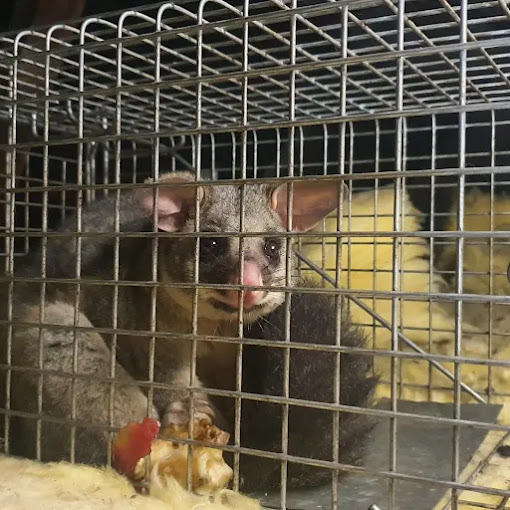
• Reliable And Trustworthy
• Responsive Proactive Solutions
• Detail-focused for lasting results
EXCELLENTTrustindex verifies that the original source of the review is Google. Great communication, on time, pleasant and thorough. Highly recommend.Posted onTrustindex verifies that the original source of the review is Google. Adam was extremely efficient in his work at our home. He provided follow up messages to confirm the inspection date & arrived on time. Adam explained all the details involved with the pest inspection & the expected timeframe. Once the work was completed, Adam called & discussed his report & outcomes. I felt completely comfortable with Adam being in our home & he has a quiet yet confident manner. I can highly recommend Adam for any pest inspection required.Posted onTrustindex verifies that the original source of the review is Google. Can't recommend Adam and his team enough, they were super reliable and carried out their work with utmost professionalism. Thank you again for taking car of my mother in laws place, we will definitely be using you again! 🙂Posted onTrustindex verifies that the original source of the review is Google. I would highly recommend Adam at Vital Pest Control for his friendly customer service, extensive knowledge and fantastic and thorough work. We have used Vital Pest Control for a few years and are always very happy with the quality and longevity of the spray. Adam is always happy to provide information about service and products and is on time and efficient.Posted onTrustindex verifies that the original source of the review is Google. As a first time home buyer we used Adam prior to us moving in He was prompt, thorough, professional and easy to work with Can 100% guarantee I will be using him againPosted onTrustindex verifies that the original source of the review is Google. Adam was amazing very professional he explained everything and was very thorough taking great care in providing a professional service. I would highly recommend.Posted onTrustindex verifies that the original source of the review is Google. Have used well known pest contoll for over ten years. Recently standard of their work had fallen. Rang adam at vital pest control. Could not reccomend him highly enough. Thankyou adam and we will see you in twelve months. Mark and julie hillPosted onTrustindex verifies that the original source of the review is Google. Quick reliable service, highly recommend looking fwd to our next annual servicePosted onTrustindex verifies that the original source of the review is Google. Punctual, good job done & very friendly service.Posted onTrustindex verifies that the original source of the review is Google. Highly recommend. Turned up on time and provided a great and efficient service. We are due for another spray soon and will definitely get them back as we haven’t had a pest issue since the last visit.
Welcome to Possum Relocation On The Central Coast NSW, where we partner with Vital Pest Control for expert services. We ensure humane and efficient solutions for your possum concerns. Discover how our proactive methods keep your property safe and possum-free.
Humane Trapping Methods
We use gentle techniques to capture possums without harm. Our traps prioritise safety and stress-free handling. This approach guarantees reliable and trustworthy results for every situation.
Urban vs. Bush Possums
Urban possums adapt to city life, while bush possums thrive in natural settings. Understanding these differences helps in providing responsive proactive solutions tailored to each environment.
Possum-Proofing Your Property
Secure your home with effective possum-proofing strategies. We identify entry points and use detail-focused methods to prevent access. This ensures lasting results that protect your space.
Possum Relocation Distance
We adhere to guidelines, relocating possums within legal distances. This respects their habitat needs and maintains ecological balance, fostering a healthy environment.
Possum Habitat Conservation
Our commitment extends to preserving possum habitats. We work to protect local wildlife and support biodiversity, ensuring a sustainable future for Central Coast NSW.
Trust Contact for your possum solutions. Discover how we can help you today!
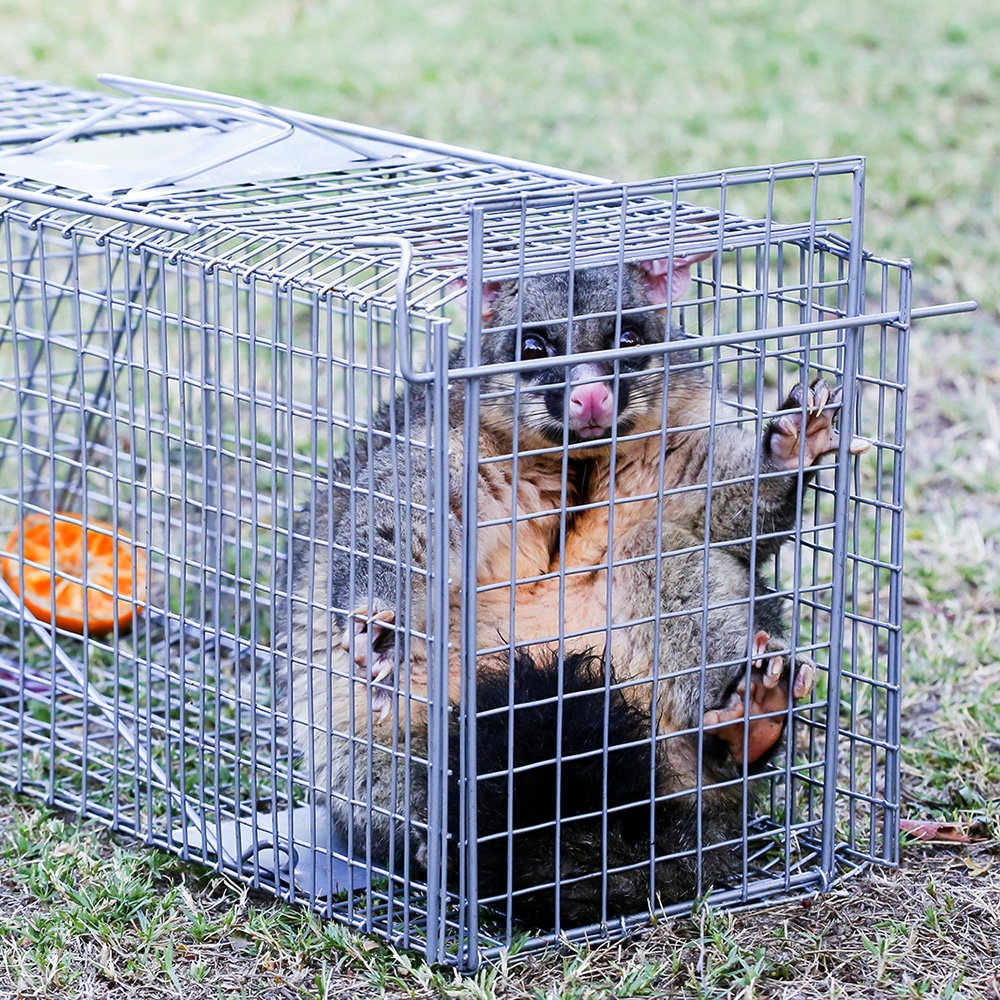
Ever considered the impact of humane possum relocation on the Central Coast NSW? Vital Pest Control ensures safe solutions for our wildlife neighbours.
Humane trapping methods are essential for addressing wildlife issues on the Central Coast of NSW responsibly. The region’s diverse environment hosts various wildlife species, necessitating careful handling to ensure safety and ecological balance. Employing humane techniques not only meets ethical standards but also complies with local regulations, ensuring that wildlife management is both effective and compassionate.
Understanding Local Wildlife
The Central Coast’s unique ecosystems support a range of native animals, from possums to bandicoots. Understanding their habits and habitats is crucial for effective trapping. Recognising signs of their presence, such as tracks or droppings, can help determine the most suitable trapping locations and methods, reducing stress on the animals and ensuring their safe relocation.
Selecting the Right Traps
Choosing the appropriate trap is vital for humane wildlife management. Cage traps are commonly recommended as they allow for safe capture without causing harm. These traps should be of adequate size to ensure the animal’s comfort during capture. Regularly checking traps minimises the animal’s time in confinement, which is crucial for their well-being.
Legal Considerations
Trapping wildlife on the Central Coast requires adherence to NSW regulations. It is important to obtain the necessary permits and understand the legal obligations involved. This includes knowing which species are protected and ensuring that all activities align with wildlife conservation laws. Compliance not only protects wildlife but also shields individuals from legal repercussions.
Relocation and Release Strategies
Once an animal is trapped, careful planning of its relocation is essential. Relocating animals should be done in areas that provide adequate resources and habitat suitability. This helps ensure their survival and reduces the likelihood of them returning to human-populated areas. Collaboration with local wildlife services can aid in identifying optimal release sites.
Community Awareness and Education
Raising awareness about humane trapping methods can foster community support and cooperation. Educating residents about the benefits of humane practices encourages more people to adopt these methods. Workshops and informational sessions can provide valuable knowledge on how to coexist with local wildlife, promoting a harmonious relationship between humans and nature.
Implementing humane trapping methods on the Central Coast requires a balance of knowledge, legal compliance, and ethical practices. By focusing on these aspects, individuals and communities can effectively manage wildlife challenges while preserving the region’s natural heritage.
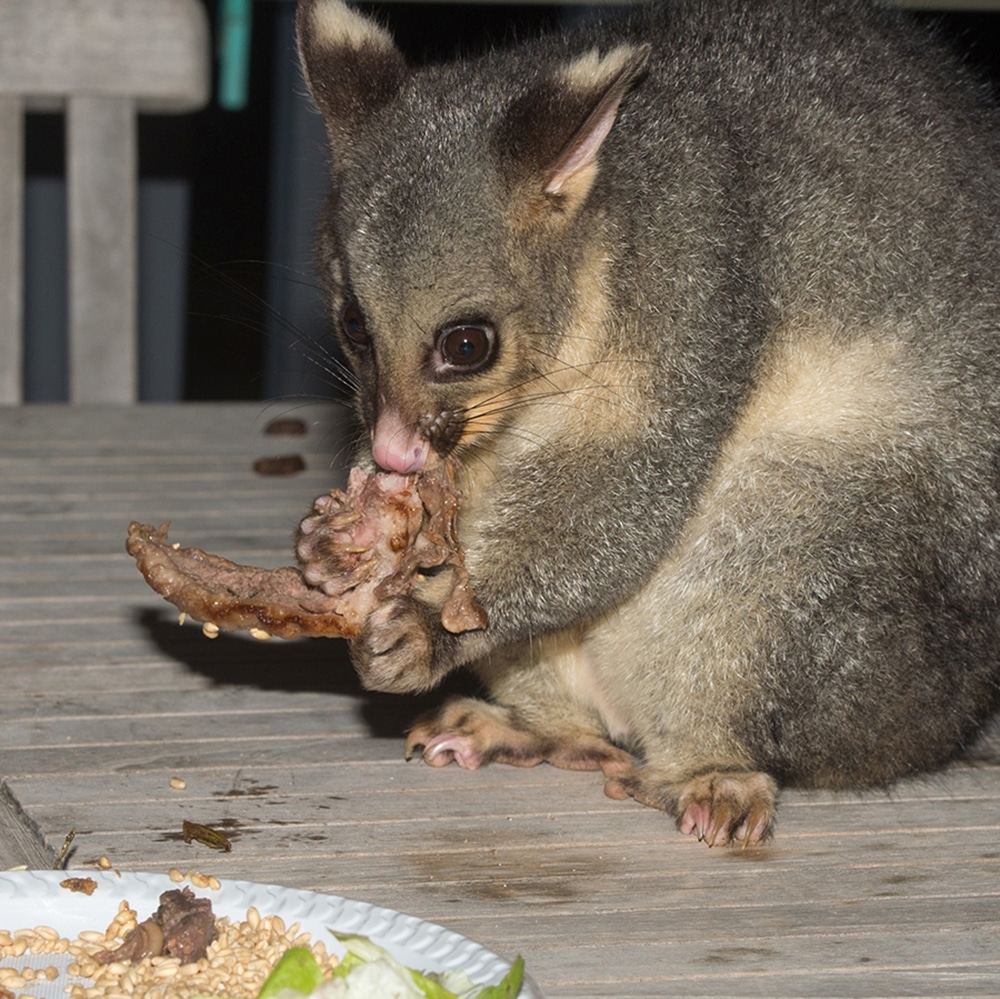
Curious about possum relocation on the Central Coast NSW and its impact on local wildlife? Vital Pest Control offers insights into managing urban and bush possum dynamics.
The Central Coast of NSW is home to a variety of wildlife, including possums. These creatures have adapted to both urban environments and bushland, each requiring different strategies for coexistence. Understanding the behaviour and needs of urban and bush possums can help residents appreciate and manage their presence more effectively.
Urban Possums: Adapting to City Life
Urban possums are resourceful. They’ve learned to thrive in cities by exploiting human resources. These creatures often find shelter in roof spaces or sheds, leading to potential noise disturbances. In search of food, they might raid gardens or garbage bins, causing minor chaos. Yet, their adaptability is fascinating. By understanding their patterns, residents can implement measures like securing trash and sealing entry points to manage their presence.
Bush Possums: Masters of the Wild
Bush possums, on the other hand, reside in natural habitats. They play vital roles in the ecosystem, such as pollinating plants and dispersing seeds. Their lifestyle is more traditional, relying on tree hollows for shelter and native flora for sustenance. Observing bush possums can offer insight into the health of the local ecosystem. Protecting their habitat ensures biodiversity and ecological balance.
Coexistence and Conservation
Coexisting with both urban and bush possums requires a balance of understanding and action. For urban possums, residents might consider installing possum boxes to provide alternative nesting sites. Bush possums benefit from conservation efforts that preserve their natural habitats. These strategies not only protect possums but also enhance local biodiversity.
Community Involvement and Education
Engaging the community is crucial for successful coexistence with possums. Educational programs and workshops can raise awareness about possum behaviour and habitat needs. Encouraging local involvement fosters a sense of stewardship and responsibility. Such initiatives can significantly reduce human-wildlife conflicts and promote harmonious living.
Possums, whether urban or bush dwellers, are integral to the Central Coast’s natural beauty. By understanding their habits and needs, residents can contribute to a sustainable coexistence. This balance ensures the preservation of wildlife while maintaining the quality of life for the community.

Struggling with nocturnal visitors? Discover expert possum relocation on the Central Coast NSW today.
Possum-proofing your property on the Central Coast of NSW is essential for maintaining a peaceful environment. These native marsupials can cause significant damage to gardens, roofs, and electrical wiring. Understanding how to effectively deter possums helps protect your property while respecting these unique creatures.
Understanding Possum Behaviour
Possums are nocturnal and primarily seek shelter and food around residential areas. They are agile climbers, often entering homes through roof spaces. Familiarity with their behaviour, such as their feeding and nesting habits, can guide effective prevention measures. Recognising signs like droppings or unusual noises can aid early detection.
Securing Entry Points
Inspect your home for potential entry points. Check for gaps in roofing, eaves, and chimneys. Seal any openings with durable materials like wire mesh or hardware cloth, ensuring you don’t trap any possums inside. Regular maintenance of roof tiles and vents can prevent future invasions.
Garden Adjustments
Possums are attracted to certain plants and fruits. Consider modifying your garden by fencing off vegetable patches or using possum deterrent sprays. Choose plants less appealing to possums, such as rosemary or mint, to minimise attraction. Regularly trimming overhanging branches can also prevent easy access to roofs.
Using Deterrents
Several deterrent options can help in keeping possums away. Motion-activated lights and sprinklers startle possums, discouraging them from returning. Ultrasonic devices emit high-frequency sounds unpleasant to possums but inaudible to humans. These tools can be effective when used consistently.
Professional Help
If possum issues persist, contacting a professional pest control service is advisable. Experts can provide humane removal and suggest long-term prevention strategies. They ensure compliance with local wildlife protection laws, offering peace of mind while addressing the problem effectively.
Protecting your Central Coast property from possums requires a combination of deterrents, garden management, and securing potential entryways. Implementing these strategies not only safeguards your property but also respects the local wildlife, creating a harmonious coexistence.
Adam Sands - Licenced Pest Technician
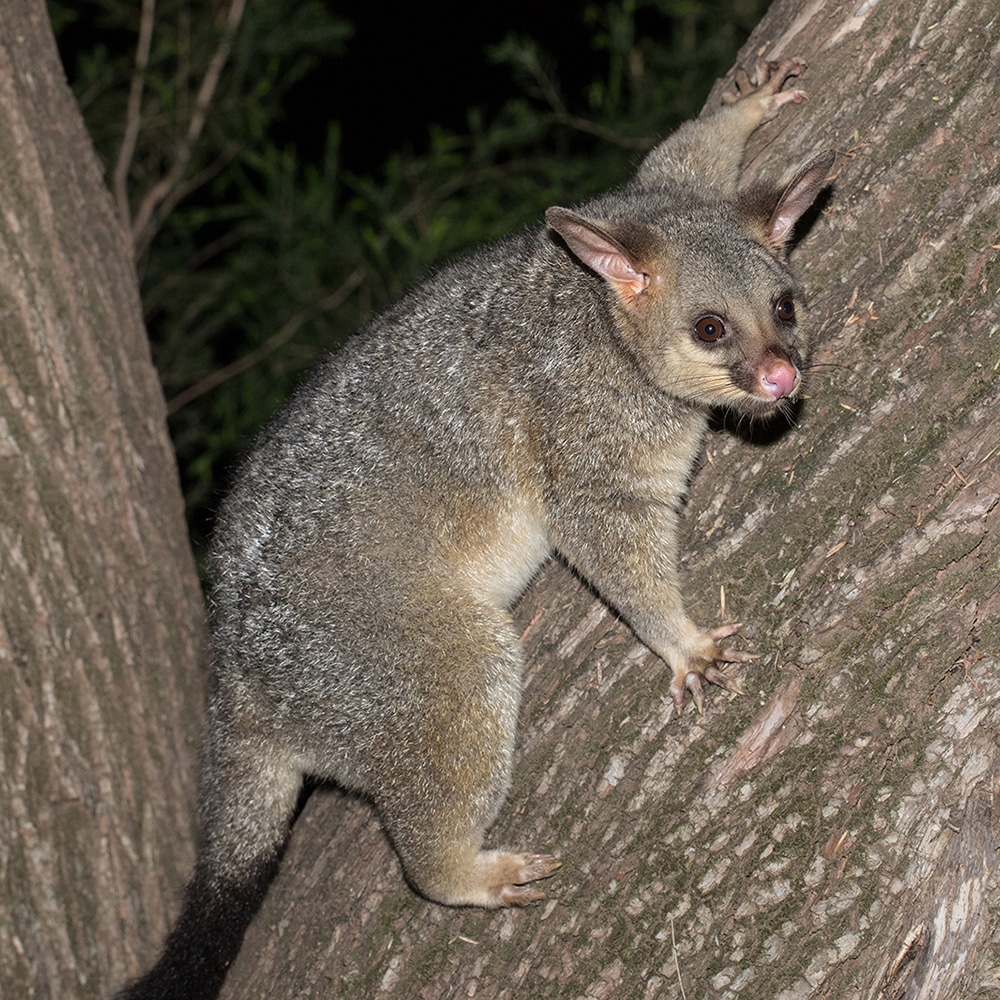
Wondering how to tackle possum relocation on the Central Coast NSW? Vital Pest Control offers expert solutions while ensuring you follow local council regulations for distances to relocate possums.
Possum relocation is a common topic for residents on the Central Coast of NSW. These nocturnal creatures often find their way into homes and gardens, prompting the need for humane removal. Understanding the guidelines for possum relocation is crucial for both ethical and legal reasons. This article delves into the essential aspects of possum relocation, focusing on the specified area of the Central Coast.
Understanding Possum Behaviour
Possums are territorial animals, which means they have a strong affinity to their home range. When relocated, they can experience significant stress, impacting their survival. This behaviour makes it crucial to follow appropriate relocation practices to ensure their well-being and integration into a new environment. Always consider the possum’s natural habits before attempting relocation.
Legal Requirements for Possum Relocation
In Australia, possums are protected under the National Parks and Wildlife Act. This protection means you must adhere to specific guidelines when relocating them. It’s essential to consult your local council regulations for exact distances and procedures to legally relocate possums. Ignoring these regulations can result in fines and negatively impact the possum population.
Choosing the Right Time for Relocation
The timing of possum relocation plays a significant role in its success. Possums are less active during the day, making early morning or late evening the best times for relocation. This timing reduces stress and provides the possum with enough time to find shelter before nightfall. Ensuring the possum’s safety should be a priority during the relocation process.
Engaging Professional Help
For those unsure about the relocation process, engaging professionals can be beneficial. Wildlife control experts have the knowledge and tools to handle possum relocation humanely and efficiently. They can ensure compliance with local regulations and minimise stress for the animal. Hiring a professional can provide peace of mind and ensure the possum’s safe transition to a new location.
The Role of Community in Possum Relocation
Community involvement is vital in addressing possum issues. Educating neighbours about humane relocation practices can foster a cooperative environment. Sharing information and resources can lead to better outcomes for both residents and possums. By working together, communities can ensure possums are relocated responsibly, maintaining the balance between human habitation and wildlife preservation.
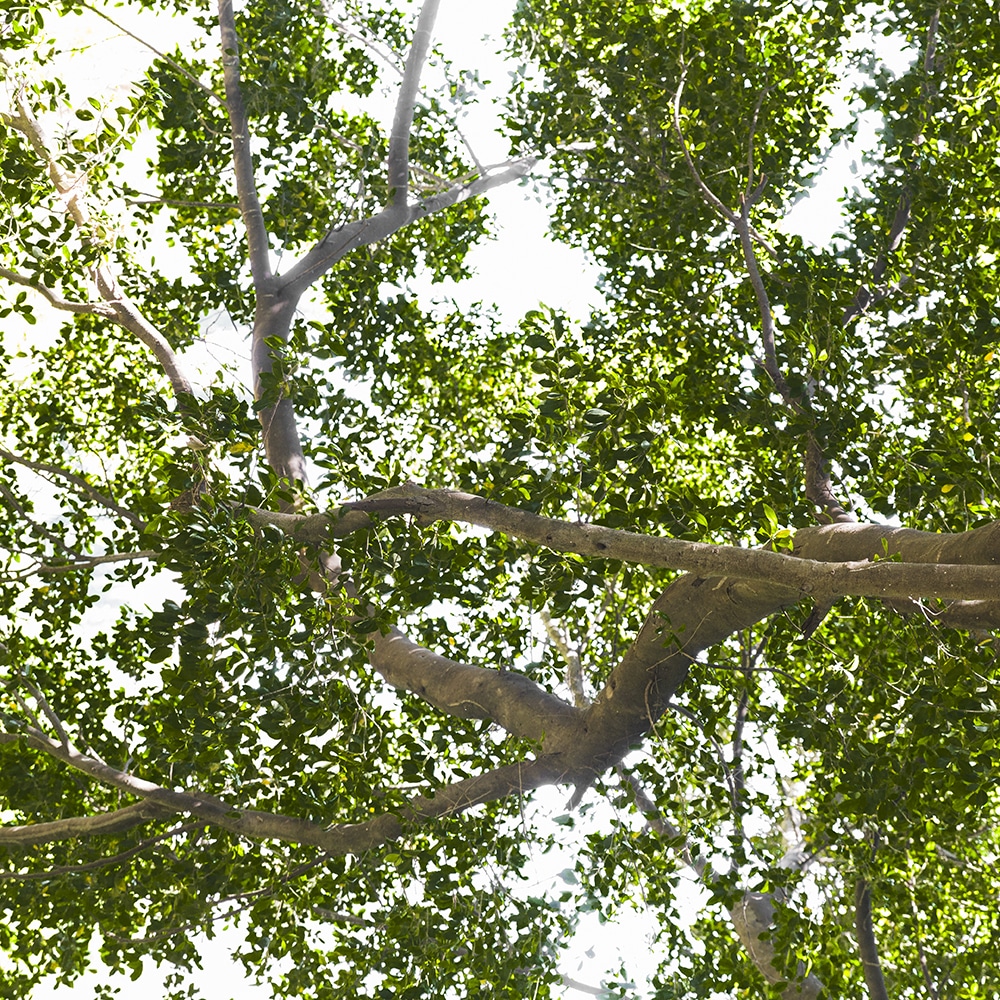
Are you aware how Possum Relocation On The Central Coast NSW aids local wildlife preservation? Vital Pest Control ensures humane and effective solutions for possum coexistence.
Possum habitat conservation on the Central Coast of NSW is crucial for maintaining biodiversity. This area is home to various possum species, each playing a vital role in the ecosystem. Protecting their natural habitat ensures not only their survival but also the health of the entire environment.
Understanding Possum Habitats
Possums, including the common brushtail and ringtail varieties, thrive in bushland areas with dense foliage. These environments provide ample food sources and shelter. Urban development, however, poses significant threats to these habitats. As construction expands, natural areas shrink, leading to habitat fragmentation. This displacement forces possums to adapt to urban settings, often resulting in human-wildlife conflicts.
The Importance of Tree Canopy Preservation
Trees offer essential resources for possums, including food and nesting sites. The Central Coast’s lush tree canopies serve as natural corridors for these marsupials, allowing safe movement across the landscape. Preserving and enhancing tree cover is crucial. It not only supports possums but also fosters a richer, more diverse ecosystem. Strategic planting of native tree species can bolster these efforts, providing long-term benefits.
Community Engagement and Education
Local communities play a pivotal role in possum habitat conservation. Education initiatives can raise awareness about the importance of protecting these animals and their environments. Workshops and volunteer programs encourage residents to participate in conservation efforts actively. By understanding the impact of their actions, individuals can make informed decisions that benefit local wildlife.
Implementing Wildlife-Friendly Practices
Residents and businesses on the Central Coast can adopt wildlife-friendly practices to support possum populations. Installing nest boxes provides alternative shelter options, especially in areas lacking natural tree hollows. Landscaping with native plants can supply additional food sources while reducing the use of pesticides minimizes harm to non-target species. These small changes collectively create a more sustainable habitat for possums.
Policy and Planning for Conservation
Effective conservation requires comprehensive policy and planning. Local councils can integrate wildlife corridors into urban development plans, ensuring possum habitats are protected amidst growth. Regulatory measures that limit habitat destruction and promote sustainable land use are vital. By prioritising environmental considerations in planning processes, authorities can safeguard these valuable ecosystems for future generations.
Protecting possum habitats on the Central Coast of NSW demands collaboration between residents, businesses, and policymakers. Through concerted efforts, we can ensure these fascinating marsupials continue to thrive, enriching the region’s natural heritage.
Please leave your details in the form and we will call you back the same day.
So that we can process your enquire efficiently please leave as many details as possible and upload any relevant images. (.jpg and .png format)

• Reliable And Trustworthy
• Responsive Proactive Solutions
• Detail-focused for lasting results
We are ready to help you with Cockroaches, Spiders, Ants, Wasps, Fleas, Termites, Rodents, and Possum Relocation.
Call Adam on 0431 222 894 for Responsive Pest Control Services on The Central Coast NSW, Newcastle and The Hunter Valley.
Homeowners Business Owners Shopping Centre Management Real Estate Agents
It may also be an urgent or time-sensitive situation.
If you have questions just reach out to Adam on 0431 222 894 and he’ll be happy to help you.
Looking to remove possums in Australia? You’ll need the right licenses. Possums are protected, so handling them requires specific permissions. The process can be confusing, but understanding the necessary licenses is crucial. Let’s dive into what you need for legal possum removal.
Wildlife Control Licence
To legally remove possums, a Wildlife Control Licence is essential. This licence allows you to handle and relocate possums safely. It’s crucial for ensuring the animals are treated humanely. Check with your local wildlife authority for specific requirements in your area.
Training and Certification
Beyond the licence, training in wildlife control is often required. This ensures you’re equipped with the skills to handle possums correctly. Certified courses cover safe capture and relocation techniques, reducing harm to the possums and your property.
Consider the Environment
Remember, possums play a vital role in the ecosystem. Before removal, consider whether relocation is the best option. Sometimes, minor property adjustments can coexist with these critters. Always ensure actions comply with local laws.
Need professional help with possum removal? It’s always best to consult the experts. Contact Us for advice and services tailored to your needs. Let’s work together to handle possum issues responsibly.
Trapping possums humanely is crucial in Australia, where they’re a protected species. It’s important to follow local regulations and use approved methods. Here’s a guide to capturing these creatures safely and legally.
Choosing the Right Trap
Opt for a cage trap designed for possums. These traps allow you to catch them without harm. Ensure the trap is large enough for the possum to move comfortably. Place it in areas where possum activity is high, like near fruit trees or roof entry points.
Baiting the Trap
Use fresh fruit, such as apples or bananas, to attract possums. They can’t resist these tasty treats. Place the bait at the back of the trap to ensure the possum triggers the mechanism when reaching for it. Regularly check the trap to avoid stress for the animal.
Setting the Trap Properly
Position the trap on a stable, flat surface. Check the trap’s mechanism to ensure it’s functioning correctly. Be mindful of weather conditions; cover the trap with a tarp if rain is expected to keep the possum dry and comfortable once captured.
Release and Relocation
Once caught, relocate the possum within 50 metres of the capture site, as required by Australian law. Choose a sheltered spot away from traffic or predators. Remember, possums are territorial, so moving them too far can be harmful.
Handling possums with care is essential. If you need expert help, don’t hesitate to reach out. Contact Us for professional assistance in humane possum trapping and relocation.
Possums are common in Australia, often seen exploring backyards. However, relocating these marsupials isn’t as simple as it sounds. Understanding the legalities of possum relocation is crucial for homeowners looking to manage these nocturnal visitors effectively.
Legal Relocation Areas
In Australia, possums can only be relocated within a 50-metre radius of where they were captured. This law ensures possums remain within their territory, reducing stress and increasing their chances of survival. Always check with local authorities for specific guidelines in your area.
Why Relocation is Restricted
Possums are territorial creatures. Moving them too far from their home can lead to difficulties in finding food or shelter, and potential conflict with existing possum populations. This strict regulation helps maintain ecological balance and protect possum health.
Expert Assistance
Engaging a licensed pest control expert ensures compliance with relocation laws. Professionals can safely capture and relocate possums, minimising stress on the animals. If you’re dealing with possum issues, seeking professional help is often the best course of action.
If you’re facing a possum problem and need expert advice, don’t hesitate to Contact Us for assistance. We can help ensure a humane and legal approach to managing these native creatures.
Possums might look cute, but they can wreak havoc when they invade your home or garden. Understanding the types of damage they cause can help you take swift action to protect your property and maintain peace of mind.
Property Damage
Possums often nest in roofs, damaging insulation and wiring. Their urine and droppings create stains and unpleasant odours. If left unchecked, this can lead to costly repairs. Regular roof inspections can help catch these issues early.
Garden Destruction
Possums love feasting on garden plants and fruit trees. They can strip a plant bare overnight, leaving you with a barren garden. Installing possum-proof fencing or netting can deter them from your precious greenery.
Noise and Disturbance
Possums are nocturnal and can create a ruckus at night, scurrying in the roof or rustling through the garden. This disturbance can disrupt your sleep and peace. Identifying their entry points and sealing them off can help minimise these night-time disruptions.
Don’t let possums make your home their own. For expert advice and effective solutions, Contact Us to safeguard your property today.
Dealing with pesky possums on your roof can be a real hassle. These nocturnal creatures often seek shelter in roofs, causing noise and potential damage. Learning how to possum-proof a roof effectively can save you time and money.
Seal All Entry Points
Possums can squeeze through surprisingly small gaps, so it’s crucial to inspect your roof for any potential entry points. Check vents, chimneys, and eaves, ensuring they are secure and sealed. Use sturdy materials like steel mesh to cover openings and prevent entry.
Trim Overhanging Branches
Possums are excellent climbers and may use tree branches to access your roof. Trim any branches that hang over your roof to eliminate easy access routes. Keeping trees well-maintained not only deters possums but also reduces leaf litter on your roof.
Install Possum Barriers
Consider installing possum barriers around your roof’s perimeter. These barriers, often made of metal or plastic, make it difficult for possums to climb up. They can be an effective deterrent when combined with other methods.
Remove Attractants
Ensure your yard is not inviting to possums by removing food sources. Secure bins with tight-fitting lids and avoid leaving pet food outside overnight. A clean and tidy yard can reduce the likelihood of possums seeking refuge on your roof.
Protecting your roof from possums involves a mix of preventive measures. By sealing entry points, trimming branches, and removing attractants, you can keep these critters away. Need professional help? Contact Us for expert advice and assistance.
Ever wondered why possums love your property? These nocturnal creatures are often drawn to our homes for a variety of reasons. Understanding what attracts them can help keep them at bay and protect your space.
Food Sources
Possums are opportunistic feeders, often attracted to properties with accessible food. Pet food left outside, fruit trees, or even compost bins can lure them in. Ensure your bins are sealed and clean up fallen fruit regularly to deter these furry visitors.
Shelter Opportunities
Possums look for cosy places to nest. Roof cavities, sheds, and chimneys provide perfect shelter. Regularly inspect your home for entry points, and seal gaps to prevent them from moving in. Trimming trees away from the roof can also help reduce access.
Water Availability
Like any creature, possums need water. Properties with birdbaths, ponds, or leaky taps can become attractive spots. Fixing leaks and storing water sources during the night can discourage them from visiting.
Keeping possums away requires a bit of vigilance, but it’s worth the effort. For more advice or help with pest control, Contact Us. We’re here to ensure your home stays possum-free!
Wondering how far you need to relocate possums? It’s more than just popping them over the fence. In Australia, regulations require relocation of possums at least 50 metres away. This ensures they don’t just wander back to your yard.
Why Relocate Possums?
Possums can cause quite a ruckus. They might chew through wires or make a mess in your garden. Relocating them helps protect your property while giving possums a fresh start. Always follow local guidelines to ensure the best outcome for both you and the possum.
Legal Considerations
In Australia, it’s crucial to check local laws about possum relocation. Each state has specific rules you must follow. Fines can apply if you don’t comply. By adhering to these regulations, you ensure you’re doing the right thing and protecting local wildlife.
Humane Trapping Tips
Use a safe, humane trap when capturing a possum. Ensure the trap is comfortable and check it regularly. Relocate the possum during the day to avoid stress. This approach keeps the process as stress-free as possible for the animal.
Relocating possums is a responsible way to handle these furry visitors. If you’re unsure about the process or need assistance, don’t hesitate to reach out for professional help. Contact Us for expert advice and services.
Trapping possums can be tricky, especially if you’re unsure when to start. Timing plays a crucial role, and understanding possum habits will increase your chances of success. Let’s dive into the best time to trap possums and some handy tips for effective trapping.
Night-time Activity
Possums are nocturnal creatures, meaning they’re most active at night. Setting traps just before dusk increases your chances of catching them as they begin their nightly foraging. Ensure you check traps early in the morning to comply with local animal welfare guidelines.
Seasonal Considerations
Possums tend to be more active during spring and summer. Warmer weather brings more food sources, which means they’re out and about more often. This increased activity makes these seasons ideal for trapping, as the likelihood of encountering possums is higher.
Location Matters
Placing traps in areas where possums frequently visit boosts success. Look for signs like droppings, tracks, or damaged plants. Setting traps near these areas ensures you’re targeting the right spots, making it easier to catch these critters.
Need expert help or advice on trapping possums? Contact Us today for professional assistance and ensure your property stays possum-free!
Considering alternatives to possum relocation can be a smart move, especially if you’re looking to maintain a peaceful coexistence with these native creatures. Avoiding relocation helps preserve local ecosystems and reduces stress on possums. Let’s explore some effective solutions to manage possums without moving them.
Home Modifications
Securing your home is an easy way to discourage possums. Seal entry points like roof gaps or vents. Install possum-proof mesh to block access without harming them. Regular inspections ensure your home stays possum-free. These changes keep your space yours while allowing possums to thrive outdoors.
Natural Deterrents
Using natural deterrents can keep possums away without harm. Strong smells like garlic or mothballs can deter them. Planting native shrubs also redirects their attention. These options create an environment that makes possums think twice before entering your space.
Legal Considerations
It’s important to know that relocating possums is illegal in many areas. Understanding local wildlife laws ensures you’re compliant while managing possum issues. Engaging with professionals familiar with these rules offers peace of mind and effective solutions.
Managing possums without relocation is not only legal but also kind to the local ecosystem. If you need expert advice or professional help, feel free to Contact Us. We’re here to assist with humane and effective pest control solutions.
Managing possums in Australia involves understanding various regulations to ensure compliance and humane treatment. These rules can vary by state, so it’s essential to be informed about local requirements. Let’s explore the key aspects of possum management regulations.
Licensing Requirements
In many parts of Australia, a licence is required to handle possums. This ensures that only trained individuals manage these native animals, reducing harm. Always check with local wildlife authorities to determine specific licensing needs in your area.
Humane Treatment
Possums are protected under Australian law, so humane treatment is crucial. This means using approved methods for trapping and releasing. Always release possums within 50 metres of where they were caught to minimise stress and ensure they remain in familiar territory.
Relocation Restrictions
Relocating possums more than 50 metres away is generally prohibited. This regulation helps maintain local ecosystems and prevents possums from struggling to find resources in unfamiliar areas. Penalties can apply for non-compliance, so make sure to follow guidelines closely.
DIY Management Tips
Before taking action, consider simple deterrents like sealing entry points or using possum-proof plants. These strategies can be effective without needing professional intervention. However, if possums persist, it might be time to consult a licensed professional.
Need more guidance on possum management or dealing with other pests? Contact Us for expert advice and services tailored to your needs. Let us help you navigate the regulations and keep your property possum-free.
Need Some Advice From A Professional Pest Technician?